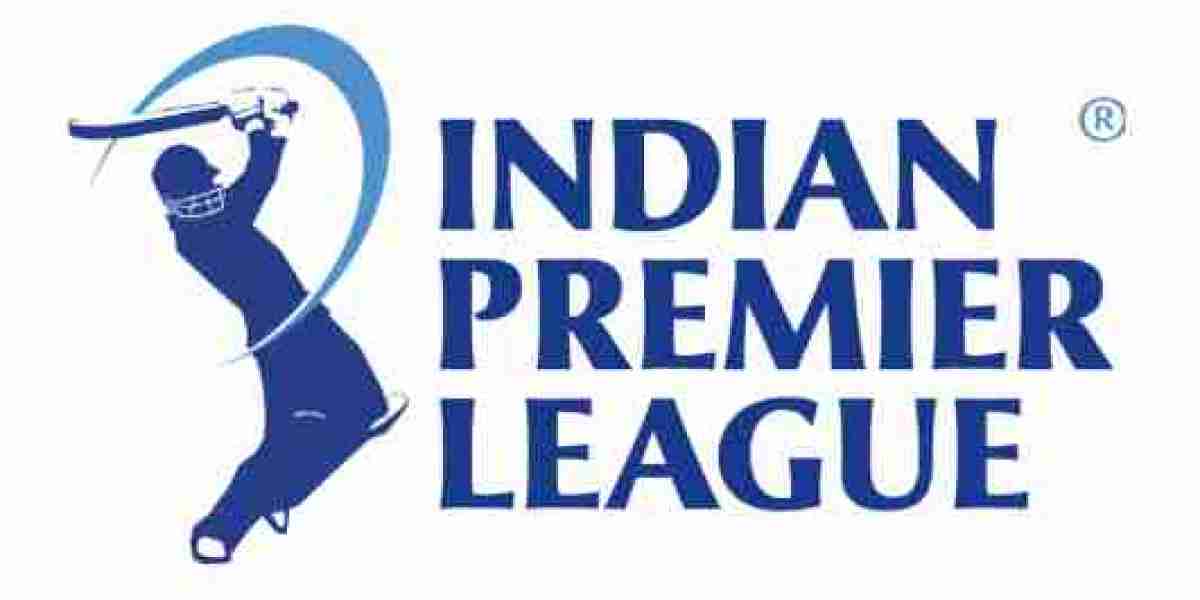Legalities Of Adoption: The Road To Parental Rights
Adoption is the process by which a person assumes parental responsibility for a child who is not biologically his or her child, and the child thus becomes the legitimate child of his or her adoptive parents, with all the rights, privileges, and duties that come with being a biological child. The adoption laws in india adoption process in India is governed by a well-structured legal framework that aims to ensure the child's welfare and the suitability of prospective parents.
Adoption is defined under section 2(aa) of the Juvenile Justice (Care and Protection of Children) Amendment Act, 2006. As per the act, adoption is a procedure under which an adopted child separates from their biological parents permanently and becomes a legitimate child of the adoptive parents entitled to all rights, responsibilities and privileges which are available within the relationship.
Types of Adoption in India
Before delving into the intricacies of the adoption process, it is essential to understand the different types of adoption recognized in India:
1- Sponsorship: This type involves financial assistance for a child's education and upbringing, without granting legal parental rights and adoption laws.
2- Guardianship: Legal guardianship can be granted to ensure a child's welfare, but it does not provide complete parental rights.
Adoption: Legal adoption is the process where a child is embraced into a new family as a son or daughter, enjoying all the rights, responsibilities, and privileges of a biological child. This article primarily focuses on the adoption process.
Initially, only the Hindu Adoption and Maintenance Act of 1956 governed Indian adoption laws and procedures for Hindus, Sikhs, Buddhists, and Jains. The Guardianship and Wards Act of 1890, on the other hand, provided for Muslim guardianship of a child. The government later introduced the Juvenile Justice (Care and Protection) Act in 2000 to streamline the adoption process.
Who can be adopted?
As per the Hindu law: The child must be a Hindu, the child has not been adopted earlier, He/she must not be above 15 years & the child should be unmarried.
As per the JJ Act: The child may not be Hindu, A child not more than 18 years & an abandoned or orphan child.
Documentation and Registration
After meeting the eligibility criteria and completing counselling, PAPs need to collect and submit various essential documents, including:
Application Form: Filled and signed adoption application forms.
Proof of Identity and Address: Aadhaar card, passport, and other relevant documents.
Marriage Certificate: For married couples.
Income Proof: Payslips, income tax returns, or other financial documents.
Medical Certificates: Certifying physical and mental health.
No Objection Certificate (NOC): From employers (if applicable).
Police Verification: A police verification report to confirm the PAPs' backgrounds.
Adoption Process
1. Registration First, interested parents or parties must go to an authorised adoption agency and register their names. The willing adoptive party can go to a nearby agency where social workers will explain all the adoption procedures, documents, and other requirements.
2. Home Study Following the completion of the adoptive parents' registration, the next steps are home study and counselling. The agency's designated representatives will pay a visit to the adoptive parents' home. Members may occasionally provide a counselling session for the parents to make the parents aware of their parenting strengths and weaknesses. According to CARA guidelines, such home studies must be completed within 30 days of registration.
3. Child's Referral The agency must notify the adoptive parents once the child is ready for adoption. The agency should provide all necessary information about the child, such as medical reports and other pertinent details. The agency should allow the child and his or her parents to spend time together to foster a bond.
4. Acceptance by the parents After all the parents have willingly completed all the procedures, the adoptive parents must sign all the required documents.
5. Petition Filing After the parents have signed all the documents, the lawyer will draught a suitable petition to be presented in court. When the lawyer is finished with the petition, he informs the parents because the petition must be signed in the presence of the officer.
6. Foster care After the adoptive parents have signed the adoption petition in court, they can visit the foster care with the child to learn more about the child's habits from the staff.
7. Court hearing The adoptive parents are required to attend the court hearing session between the judges and the adoptive parents. During this session, the judge questions the parents and discusses the amount of money that the parents plan to invest in their adopted child.
8- Court Orders Finally, the adoption procedure concludes when the adoptive parents present the investments to the Judge. Finally, the judge gives the parents the adoption papers.
Central Adoption Resource Authority (CARA)
The Central Adoption Resource Authority (CARA) is a statutory body in India that functions as the central authority for regulating and streamlining adoption procedures in the country. CARA operates under the Ministry of Women and Child Development and is responsible for overseeing and coordinating the adoption process for both domestic and intercountry adoptions in India.
Some key functions and responsibilities of CARA include:
1. Formulating adoption policies and guidelines: CARA establishes the framework and guidelines for adoption procedures in India, ensuring they are in line with national and international laws and standards.
2. Accreditation of adoption agencies: CARA accredits and monitors adoption agencies, ensuring that they comply with the prescribed standards and procedures.
3. Maintaining a national database: CARA maintains a database of children available for adoption and prospective adoptive parents. This database helps match children with suitable adoptive families.
4. Inter-country adoption: CARA plays a crucial role in regulating intercountry adoption, working with foreign adoption agencies and governments to facilitate the adoption of Indian children by overseas adoptive parents.
5. Training and capacity building: CARA provides training and support to adoption agencies and professionals involved in the adoption process to ensure that adoptions are carried out ethically and in the best interests of the child.
CARA's primary goal is to promote and protect the rights and well-being of children by ensuring that adoptions are carried out in a transparent, ethical, and child-centric manner. It is an essential organization in the context of adoption in India and works to make adoption a viable option for orphaned, abandoned, and surrendered children while safeguarding their rights and welfare.
The parents should fulfill the following eligibility criteria for adoption:
1. Indian citizen, NRI, and foreign citizen procedures for these three are different.
2. Any prospective adoptive parents, irrespective of their marital status and whether or not they have a biological son or daughter, can adopt a child subject to the following, namely: -
(a)- The consent of both spouses for the adoption shall be required, in the case of a married couple;
(b)- A single female can adopt a child of any gender;
(c) - A single male shall not be eligible to adopt a girl child;
3. Husband and wife must complete 2 years of stable marriage and both must have their consent to adopt.
4. Age difference between the adoptive parents and the child should not be less than 25 years and should not exceed 45 years.
5. Adoptive parents should be physically, emotionally, mentally, and financially stable.
6. Adoptive parents should not have any life-threatening diseases.
7. Parents already having three or more kids are not eligible to adopt but the exception is in case of special needs.
8. A single female can adopt a child of any gender but a single male cannot adopt a girl child.
9. The age limit for single parents is restricted to less than 55 years.
10. The age of the parents as on the date of registration should be as per CARA guidelines to be eligible for adoption.
The adoption laws in india process in India is a well-regulated, thorough, and compassionate procedure designed to safeguard the best interests of children. While it may appear complex and time-consuming, it ultimately leads to the formation of loving and nurturing families. Adoption not only offers children the chance for a brighter future but also provides adoptive parents with the opportunity to experience the joys and responsibilities of parenthood. If you are considering adoption in India, it is crucial to educate yourself about the process, seek professional guidance, and embark on this life-changing journey with open hearts and open arms, knowing that love and legalities are both in place to make it a success.
ccalegalfirm provides many legal services such as Intellectual Property Rights, Corporate Law, Contract Management law services, Project Consultation, Start Up Law Services, Family Law, Criminal Litigation, Labour Law Services, Alternate Dispute Resolution, Capital Market And Securities Law, Insolvency, Negotiation Services, Criminal Litigation, Consumer Protection Law Services, Real Estate Law Services, Taxation Law Services, Start Up Law Services, Environment Law Services, Banking And Finance Law Services, Entertainment And Media Law Services, Merger And Amlgamation etc. if you are looking for a legal service advisor or advocate for yourself then you have come to the right place, contact us today, we will make every possible effort to solve your problem.








